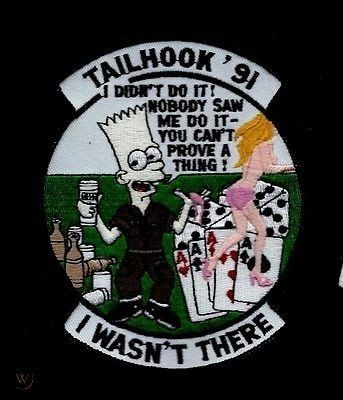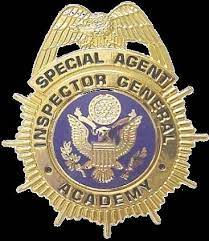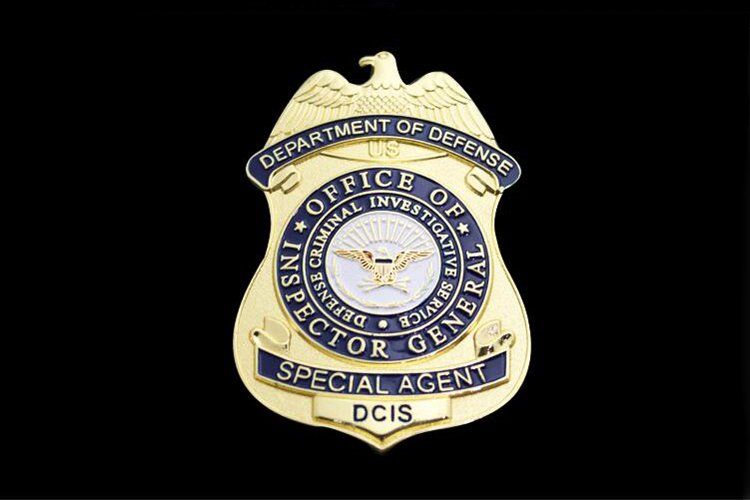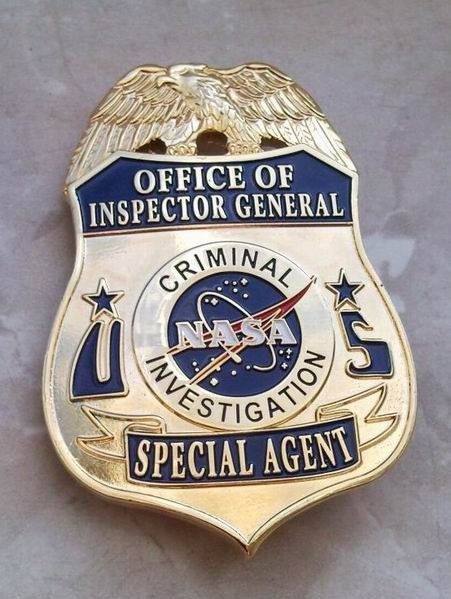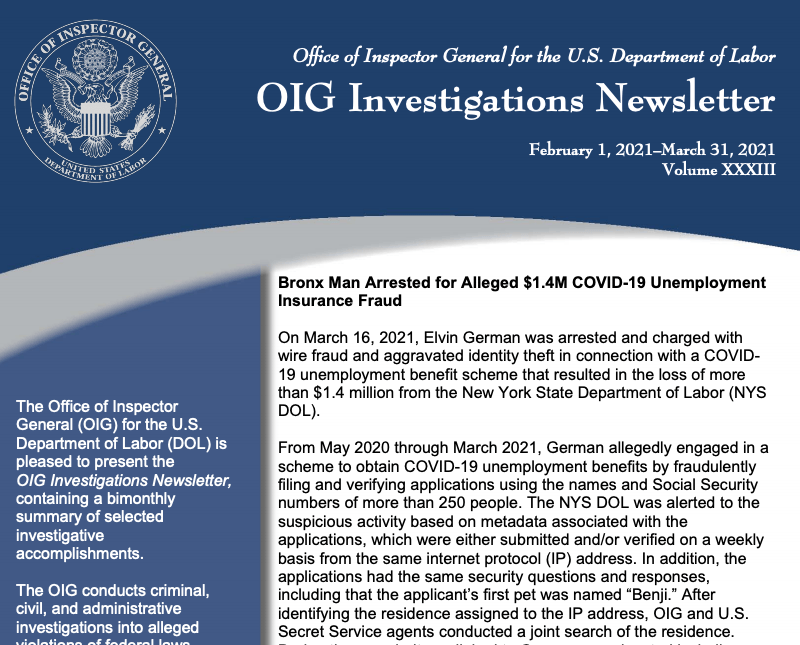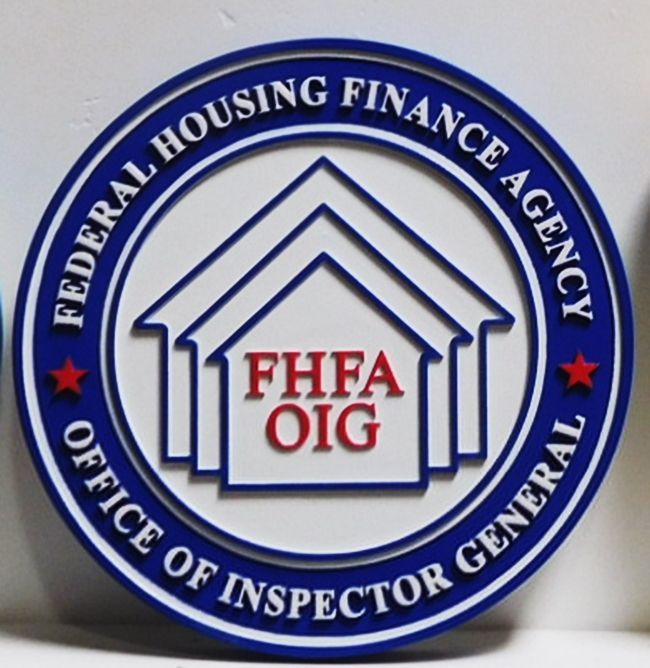This website is an independent educational resource and NOT affiliated with any official U.S. government agency.
The Office of Inspector General
An independent coalition of 72+ oversight agencies.
The concept of a statutory Inspector General (IG) was broadly introduced to the civilian side of the Federal government by the Inspector General Act of 1978 (IG Act). Statutory IGs are structurally unique within the Federal government. The stated purpose of the IG Act is to create independent and objective units within each agency whose duty it is to combat waste, fraud, and abuse in the programs and operations of that agency. To this end, each IG is responsible for conducting audits and investigations relating to the programs and operations of its agency, and providing leadership and coordination and recommending policies for, and to conduct, supervise, or coordinate other activities for the purpose of promoting economy, efficiency, and effectiveness and preventing and detecting fraud and abuse in those programs and operations. Importantly, each IG is also to keep the agency head and the Congress “fully and currently informed” about problems and deficiencies relating to the administration of agency programs and operations. The IG Act contains a variety of statutory guarantees of Office of Inspector General (OIG) independence, designed to ensure the objectivity of OIG work and to safeguard against efforts to compromise that objectivity or hinder OIG operations. It is these guarantees of independence that make statutory IGs unique. Read more about establishment of IG.
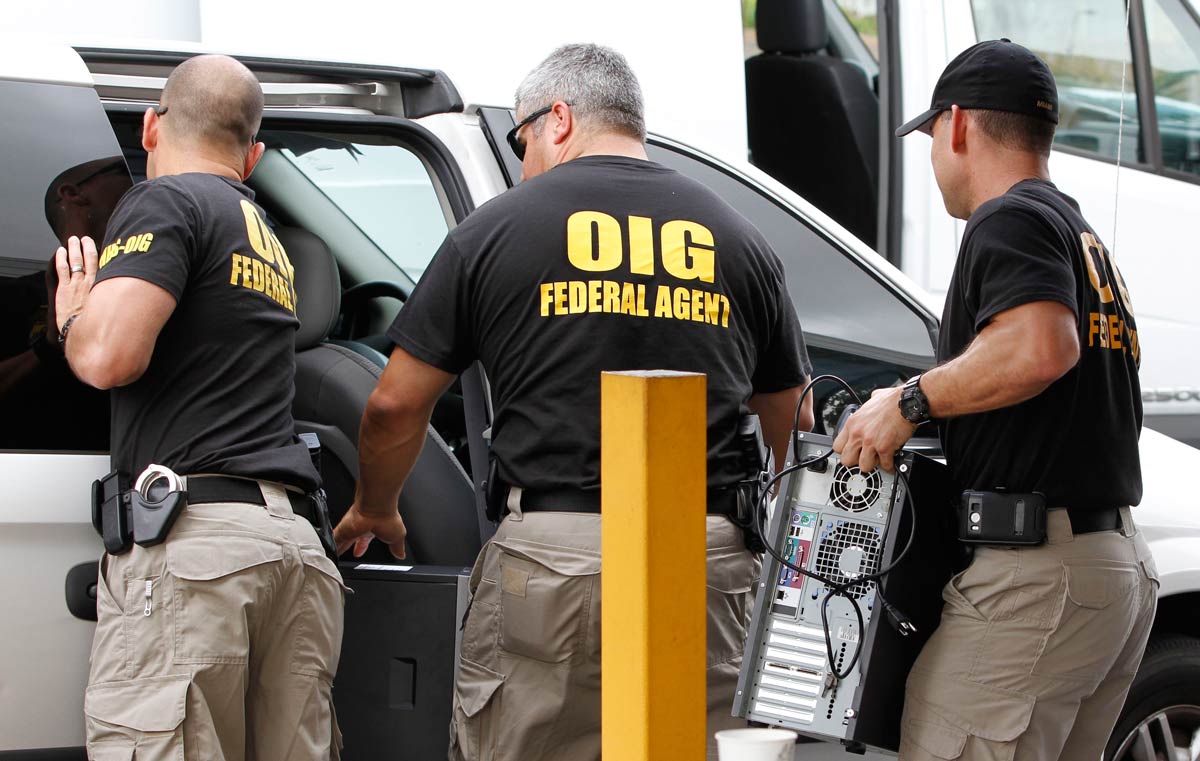
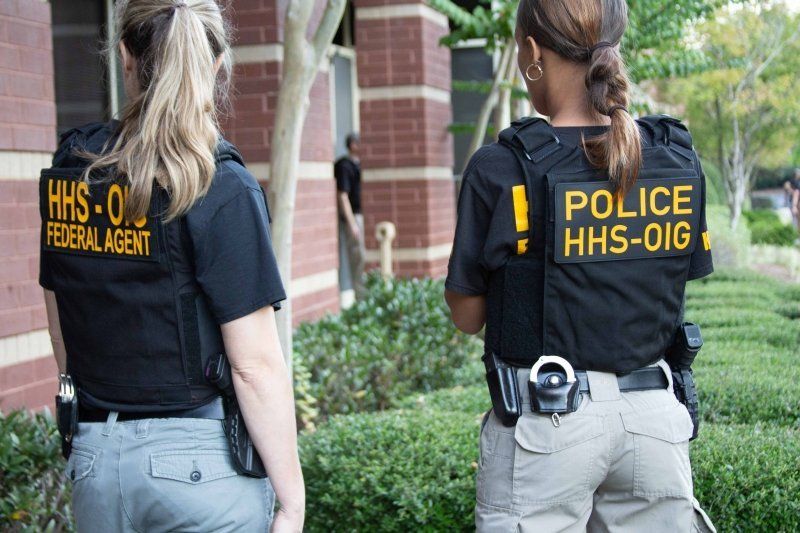
Slide title
Write your caption hereButton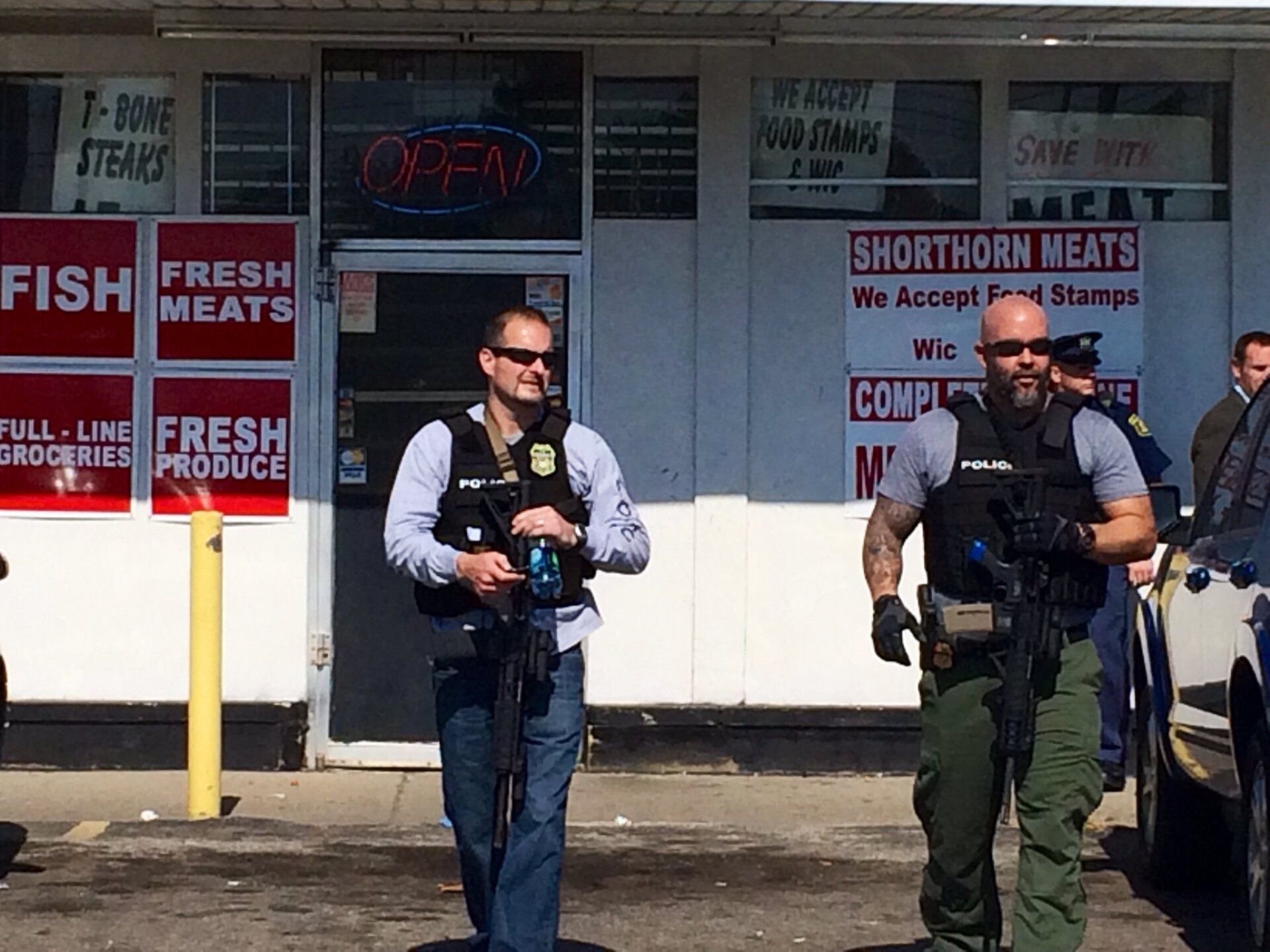
Slide title
Write your caption hereButton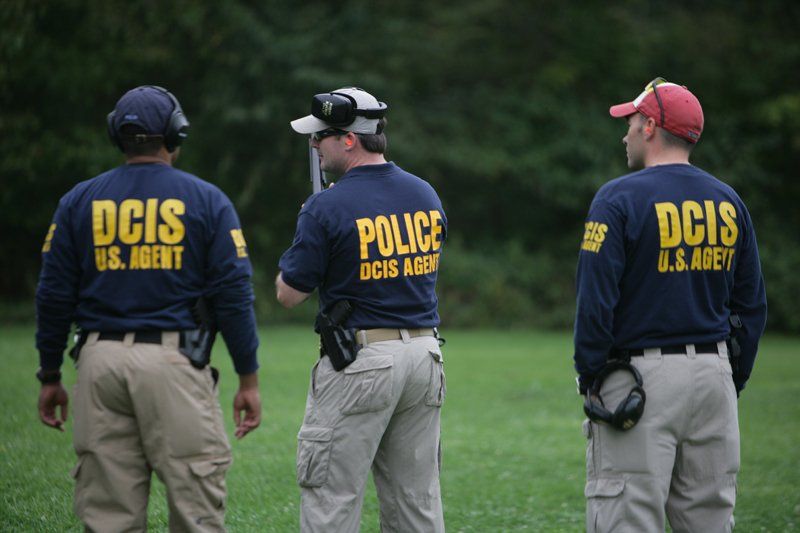
Slide title
Write your caption hereButton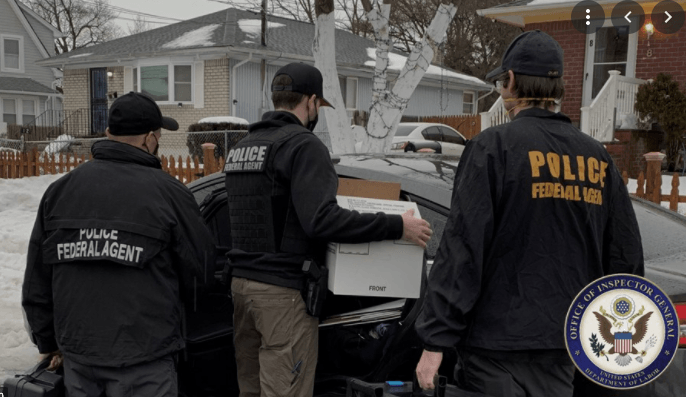
Slide title
Write your caption hereButton
OIG Overview
The OIG is not one single federal law enforcement agency but approximately 72 distinct entities, each with their own leadership structures, that operate under the OIG programmatic umbrella. Each OIG has their own leadership structure and are coordinated by the Council of the Inspectors General on Integrity and Efficiency (CIGIE). The OIG's are tasked with performing investigations, audits and evaluation reports. By design, OIGs typically have hyper-focused jurisdictions limited to government functions, contracts and employees.
All OIG reports are now available on the official Oversight Website.
Straight Talk - OIGs
The OIGs are individually fairly small compared to most other 1811 agencies and some may only have two or three criminal investigators based in Washington DC! The last Bureau of Justice Statistics report on Federal Law Enforcement Statistics (dated 2016) revealed that all OIGs combined reported a total of 3,514 law enforcement officers. To put it in perspective, at the same time in 2016, DEA reported 4,388 special agents.
With smaller workforces come fewer resources and one should expect limited intelligence support, speciality roles and career development opportunities (in comparison to major agencies). Many OIGs often prefer to hire lateral candidates that are currently employed as criminal investigators although internal candidates (i.e. interns) are routinely given opportunities to become 1811s. Criminal investigators from the major agencies (i.e. DEA, ATF, HSI, Secret Service) that are trying to move to a preferred location will often transfer to OIGs in order to get there faster. The OIG's also offer a more stable lifestyle and work/home balance, which can be ideal for those with families. Generally expect felony level internal misconduct investigations, complex fraud and many joint partnerships with other agencies. The OIGs have a reputation for recovering billions of dollars in funds due to contractor/procurement fraud and play a vital role in maintaining the integrity of the U.S. Government.
In regards to pay and benefits, the OIG agencies also tend to vary significantly and take-home cars are not a given. Some OIGs may not even offer LEAP, however, most have moved to the standard 1811 series. Additionally, it is not uncommon for OIG field positions to top out at GS-12 vs. the standard GS-13 journeyman.
Additionally, although some OIGs are somewhat proactive about putting out information about their investigative mission, others have little to no official information available. Consequently, I decided to consolidate the OIG profile to this single page. The full list is located at the Council of the Inspectors General on Integrity and Efficiency (CIGIE)
OIG Careers
The CIGIE Careers website is the most important starting point in your search for a position with the OIG. It will list all the student positions, entry level 1811 jobs and lateral criminal investigator vacancies.
Inspector General Explained
Serial Killers in Medical Field
Retired Special Agent Bruce Sackman worked for the Veterans Affairs (VA) Office of Inspector General (OIG). His investigations uncovered several medical serial killers in the VA hospital system, including Michael Swango. This is fantastic casework by a top notch investigator and a great read for those interested.
Common Mission - Uncommon Workplaces
Although the OIGs share a common mission surrounding Fraud, Waste & Abuse; the work environment, office culture and day to day responsibilities can vary dramatically among the OIG offices. Check out some of these videos to learn more.
Typically, new 1811s will have to complete the Criminal Investigator Training Program (CITP) and a follow-on OIG focused advanced course.
Learn More at the Inspector General Training Academy Website.
Special Agent William “Buddy” Sentner
On June 21, 2006, Special Agent William Sentner of the DOJ - OIG was working with the FBI in an investigation involving corrupt prison guards in a federal prison facility in Florida. As a result of the investigation, six prison guards were indicted for sexually abusing female inmates, smuggling contraband into the institution and threatening the inmates with retaliation if they exposed the criminal acts. SA Sentner was part of the joint OIG/FBI team that went to the prison to arrest the six guards. As one of the guards was being arrested, he produced a gun and began firing. The guard shot a prison lieutenant and then shot Sentner. Before the guard was able to fire at other personnel, Sentner returned fire, fatally wounding him. Sentner subsequently succumbed to his gunshot wound. In 2008, then President Bush honored Buddy Sentner by posthumously awarding him the Medal of Valor, the highest national award for an officer.
Learn More about
DOJ OIG Special Agents - Digital Pamphlet
Assoc. of Inspectors General
A coalition of Federal and State OIG Offices.
With a stated mission of "Advancing Professionalism, Accountability and Integrity," this Association also maintains the Inspector General Institute. The Assoc. also has its own Principles and Standards for OIG Offices.
This is Real Podcast
In 2014, more than 30 people were arrested in DC on charges related to health care fraud. Those arrested included owners and operators of home health care agencies, office workers, personal care assistants, and patient recruiters. Millions of dollars in bank accounts and property were seized, and the bust remains the biggest health care fraud takedown in Washington, D.C., history. This series follows HHS OIG special agents as they work to uncover the complex fraud schemes, expose the greed of those involved, and bring the criminals to justice. And all of this is real!
Tailhook Scandal
In September 1991, over 4,000 U.S. Navy and Marine Corps aviation officers met in Las Vegas for the 35th Annual Tailhook Symposium, a long-standing professional convention of naval aviators. Over the weekend, the parties and drunken behavior raged out of control and resulted in widespread damage to the hotel, 90 identified victims of indecent assault, 140 officers referred for possible court-martial or disciplinary action, and the demotion, transfer, or resignation of several top Navy officials. The official OIG investigation and report revealed the details to the world.
